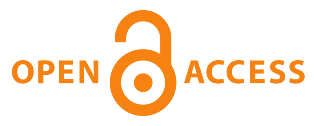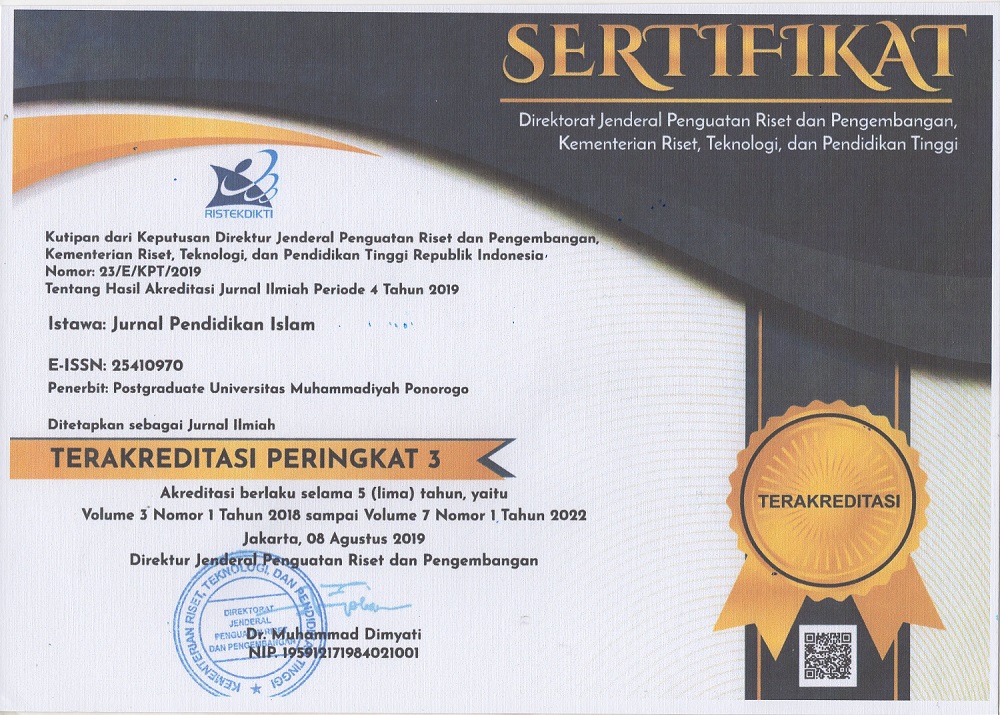Aim and Scope
Istawa: Jurnal Pendidikan Islam (IJPI) [Journal of Islamic Education] encompasses research papers from researcher, academics, and practitioners. In particular, papers which consider the following general topics are invited:
- Teaching and Learning in Islamic Education
- Arabic Language Teaching
- Curriculum Development
- Innovation
- History
- Quranic & Hadist Studies
- Humanities
- Sociology
- Religious Study
- Tradition/Culture
- Public Administration
- Politics
- Sufism
- Islamic Thought and Literature
- Islamic Perspective on Gender
Section Policies
Table of Contents
Editors- Afiful Ikhwan
Peer Review Process
Every manuscript submitted to Istawa: Jurnal Pendidikan Islam is independently reviewed by at least two reviewers in the form of "double-blind review". The decision for publication, amendment, or rejection is based upon their reports/recommendation. In certain cases, the editor may submit an article for review to another, the third reviewer before making a decision, if necessary.
Publication Frequency
Istawa: Jurnal Pendidikan Islam (IJPI) is a peer-reviewed international academic journal of studies in Islamic education published at least 16 papers every year or volume by Postgraduate Universitas Muhammadiyah Ponorogo, East Java, Indonesia, every March and October.
Open Access Policy
This journal provides immediate open access to its content on the principle that making research freely available to the public supports a greater global exchange of knowledge.
Istawa Open Access Information and Policy
All articles published by Istawa are made immediately available worldwide under an OPEN ACCESS license. This means:
1. Everyone has free and unlimited access to the full-text of all articles published in Istawa;
2. Everyone is free to re-use the published material if proper accreditation/citation of the original publication is given;
3. open access publication is supported by the authors' institutes or research funding agencies by payment of a comparatively low Article Processing Charge (APC) for accepted articles.
We are continuously working with our author communities to select the best choice of license options, Creative Commons Attribution-ShareAlike 4.0 International License (CC BY-SA 4.0)






